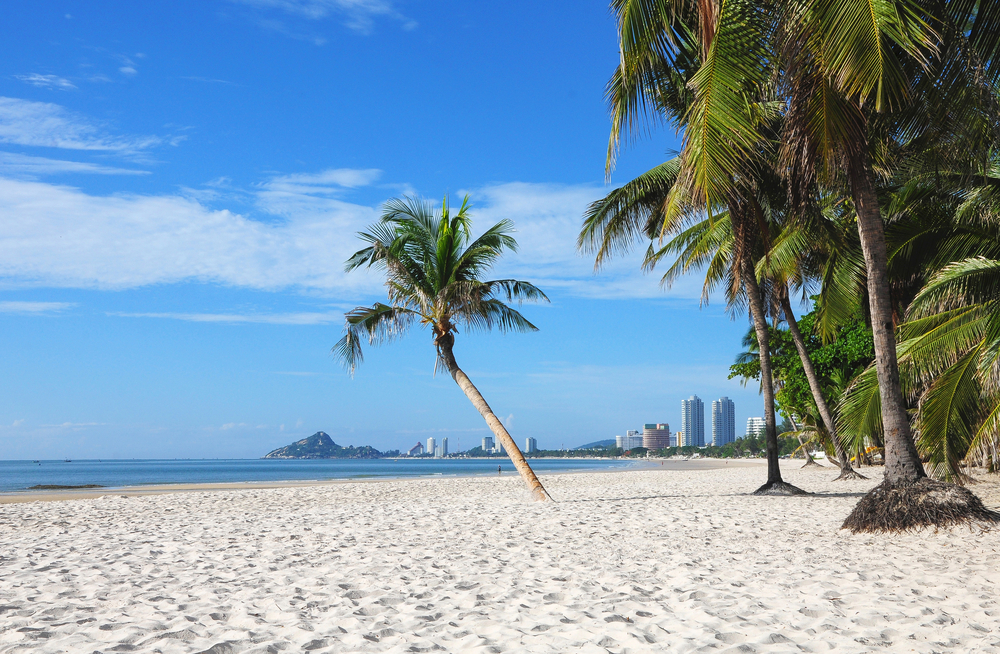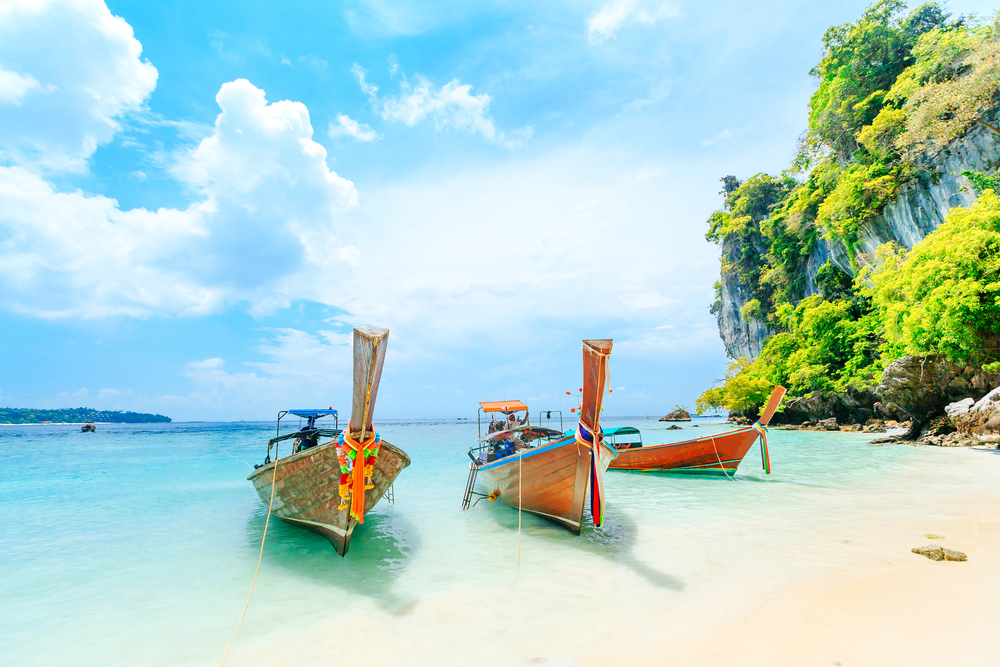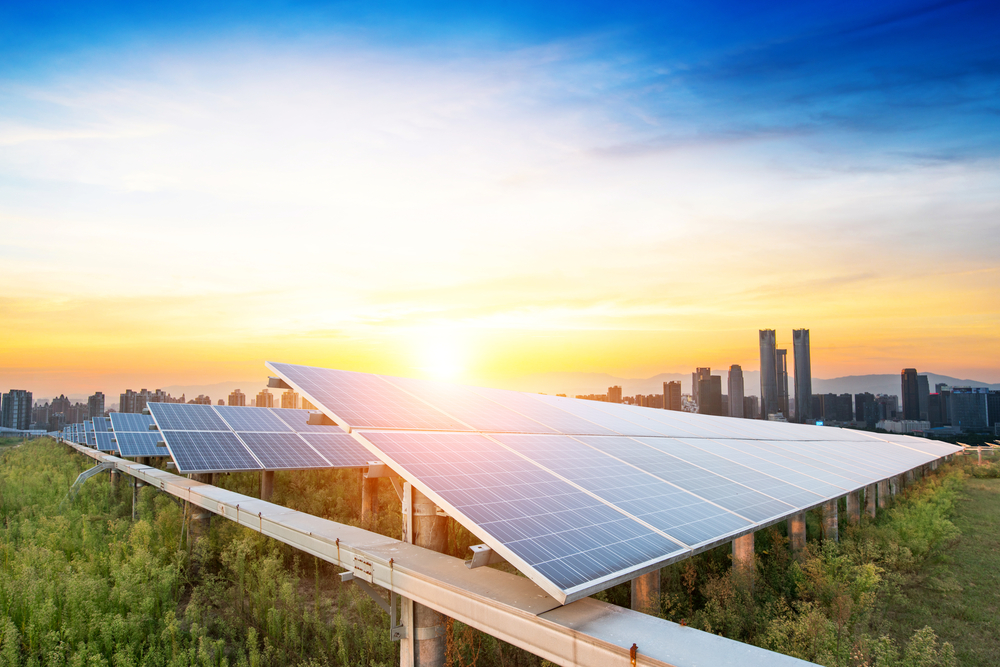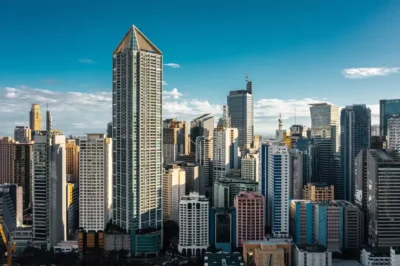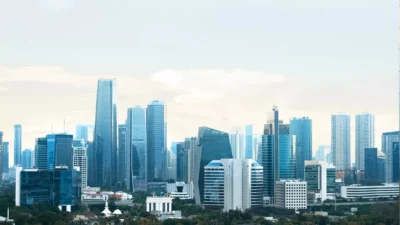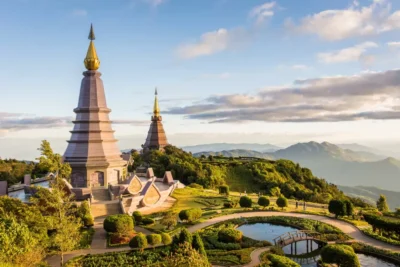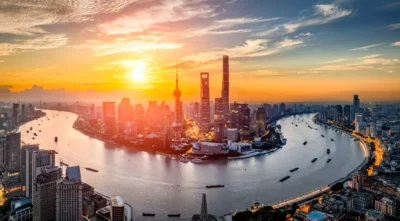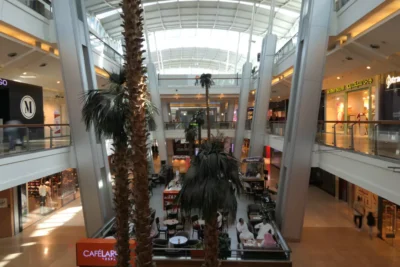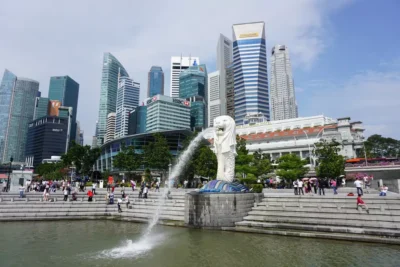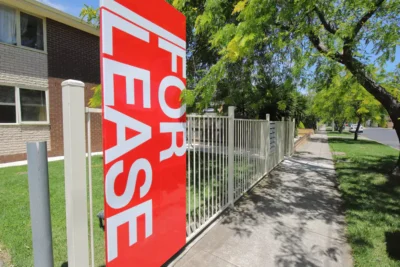Bill Barnett navigates uncharted real estate frontiers with a nose for new opportunities
Bill Barnett retains a strong instinct for opportunities after witnessing the progress of Asia’s hospitality and real estate scene during a long tenure in the region

While living in Hawaii some 30-odd years ago, Bill Barnett read a book about Michael Rockefeller that changed the trajectory of his life.
Rockefeller, an heir in the dynastic American family, famously disappeared near the Sepik River in Papua New Guinea in 1961.
As Barnett read about what had happened, he became convinced he needed to see the place for himself.
So, he picked up and moved there, finding a job in the country’s highlands region that marked the beginning of a new life and career in Asia.
Barnett later moved to the Philippines, arriving as President Ferdinand Marcos was toppled under the People Power Revolution, and eventually made his way to mainland Southeast Asia, where he became the first American hotel manager to work in post-war Vietnam in 1992.
“Yeah, it’s been an interesting time,” Barnett reflects. “As Asia grew, there were just so many new opportunities.”
His hotel work—he spent time up and down Vietnam, in Hong Kong, and elsewhere on the continent—led to a position in real estate at Laguna, the integrated community in Phuket in southern Thailand.
And then one day, Barnett decided to combine his experience in hotels and property development to form C9 Hotelworks (short for “Cloud 9”), a hospitality and real estate advisory group that today works across Asia Pacific and beyond.
“We’re typically the first group people contact when they have an idea for a new development project,” says Barnett, a native of California.
The Phuket-based company had projects last year in 11 countries, including as far away as Rwanda, performing market research and feasibility studies, in addition to “creating unique DNA for clients and a forward-looking view in the market,” Barnett says.
C9 Hotelworks is involved in everything from resorts and city hotels to ultra luxury private villas, all the way to glamping resorts, private islands, and branded residences in places like the Maldives.
When you look beyond traditional mainstream markets like Bangkok, Phuket and Bali, where do you see exciting things happening in real estate?
I always think it’s interesting to look within a short distance of capital areas where people are going. Khao Yai outside of Bangkok is one example where things are happening. And I think Hua Hin will continue to transform.
Hua Hin is interesting because the international school and infrastructure—the highway—have grown along with it. That’s creating a new market for people to live there full-time. It’s transforming from a holiday or retirement place into something where people want to live.
What are some unique trends you’re seeing in the region?
I think the co-living concept is interesting. We really like a company called Homa. Their model is to get a hotel license. Then they can rent long-term but they can also rent short-term. So, they’re able to effectively manage the yield. Unlike property developers that come in and sell the property, their model is meant to retain the asset to make it into a cash-flow machine.
Big demand generators for this model include places with international flights, international schools, hospitals, resort areas—places where you have a lot of mid-tier management who want long-term accommodation. They want to rent. They want something a little better, which is maybe not just living in their own apartment, but it’s easy to move in and everything’s already there. You know: WiFi, drinking water, good gym, co-working space. It’s easy to come and go.
Co-living is interesting because you’re going to have a lot more people who want to be flexible. In Phuket, we see a lot of tech guys coming in and spending three to six months a year working here, and they want that kind of experience. They want to intermingle. They don’t want to rent long-term. They don’t want to rent a hotel room. It’s something in between.
With regard to property development, much has been said about the impact of supply chains, inflation, and the Ukraine war. What are some other major challenges you see right now?
I think you have to say what’s happening in China. Every market sees that as a solution both for tourism and for property, and the economic reality is that the slowdown has been coming for a long time. The pandemic didn’t create the China problem. Nothing goes in straight lines forever.
So, the writing has been on the wall for this, but I think people are certainly struggling with it. We do a lot of projects that use prefabricated pieces from China. Now, with supply chain disruption in China, people are looking to Vietnam and other solutions. But you don’t know how much a project is going to cost because commodity prices are going up so quickly. Inflation is hurting the market. And currency is interesting—up and down. There’s a lot of uncertainty.
We like to have sustainability at the table when we start designing things. What are the green areas? What’s the plan 10 years from now with electricity and water? How can we have more sustainable development?
Russian buyers and renters are quite active in major Southeast Asian markets like Phuket and Bali. What do you see on the ground there?
We saw a great impact in Q1 and Q2, but we’ve seen a softening of that now. Those traditionally were buyers who would come during high season. The question is: What’s going to happen after the ruble got devalued? Are there going to be more Russians who want to take their money out? It’s the same thing with Russians and Chinese: They want to bring their money out for investment. But when the currency is so low, is it better just to leave it there or not?
Fundamentally with Russians they’ve been investment buyers, but they’ve also been end-users of real estate, which is good. And they’re buying in cash, so even if the market softens out, it’d be a soft landing. The next high season is an unknown. I think it’ll be about the currency.
What other demographic changes do you see in the region?
We see a return of multigenerational living. That’s important for both domestic and foreign buyers. We’re seeing foreigners who bring their parents and grandparents to live with them.
Pre-Covid in Thailand, we’d see people moving into condos—the detachment of the family compound. Now we’re seeing people gather again. The value system and lifestyles change. Also, people are working from home. They don’t need to be in the office all the time. So, they view their residences as places that also need dedicated working areas—which often means they need larger spaces. And I think that’s going to continue.
How does C9 Hotelworks try to improve sustainability in real estate development?
From a hotel perspective, owners often only see cost. The developer says, “No, I can’t afford it. It’s going to be more expensive.” But a hotel’s value is not how much it cost to build and the replacement value of the hotel. Valuation is based on discounted cash flow, meaning profit—the long-term profitability of the hotel. We like to have sustainability at the table when we start designing things. What are the green areas? What’s the plan 10 years from now with electricity and water? How can we have more sustainable development?
The biggest costs for a hotel are staffing and energy. If you’re able to do a sustainable project at lower energy cost, your profit is more and your long-term valuation of the property is more. And I think it’s really important to get developers to understand that. Our intention is to influence developers to do this because it makes economic sense—but also for sustainability.
If you go to Singapore, it’s expected to do these things. You go to Europe and it’s expected to do the same. In the US, it’s expected. But it’s not expected to be done here. And so, I think we have a responsibility to encourage the market to start doing it here.
This article was originally published on asiarealestatesummit.com. Write to our editors at [email protected].
Recommended
Philippine real estate sees growth in regional markets despite challenges in Metro Manila
Amid pressures, developers and investors are capitalising on a range of opportunities to drive growth in the nation's real estate sector
Bali leads the charge in Indonesia’s rental boom while other regions struggle to keep pace
The rental market is soaring in Bali due to its rich cultural heritage and island charm, while other regions of Indonesia are experiencing less success
Rental markets surge in Asia as digital nomads find new opportunities with visa reforms
As countries in Asia roll out customised visa programmes, rental markets are thriving with the influx of remote workers
China’s hospitality market thrives as developers sell off assets to spark recovery
China’s indebted developers are divesting hospitality assets to generate growth and enhance the outlook of the country’s real estate market

